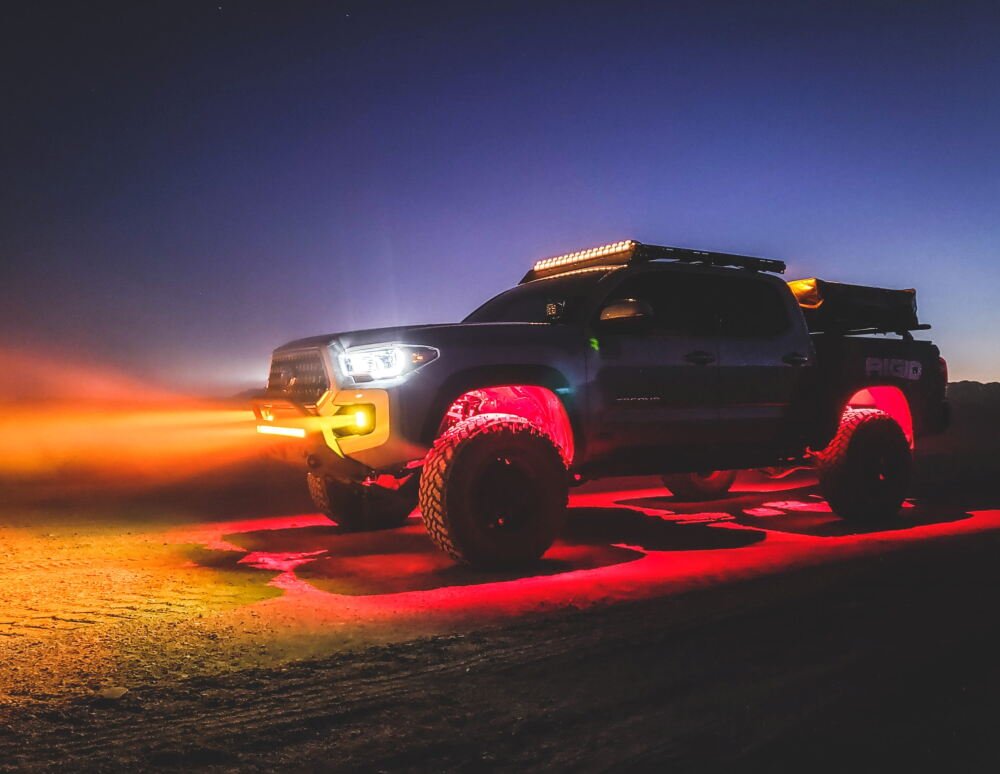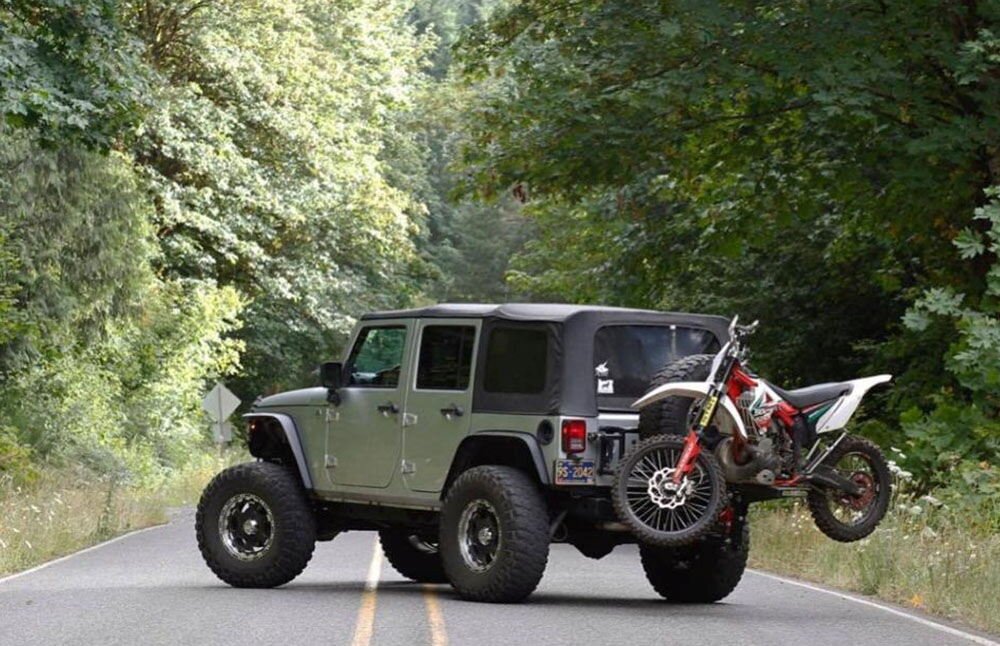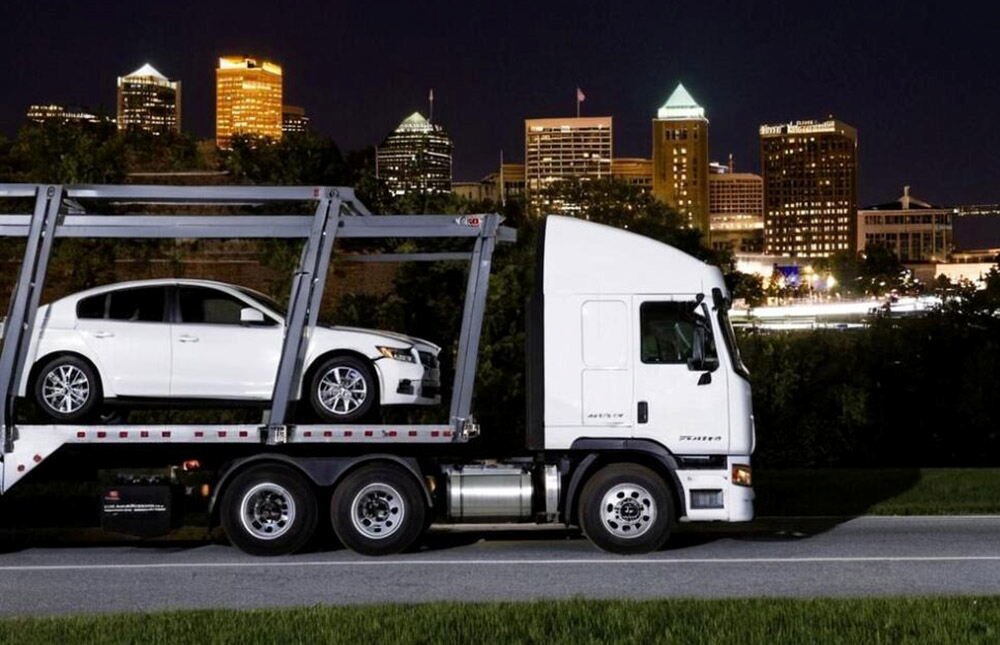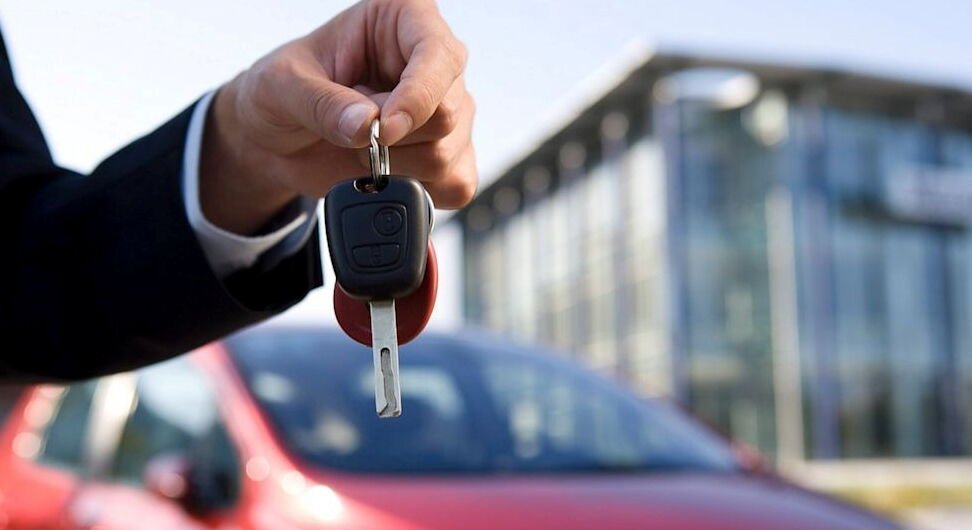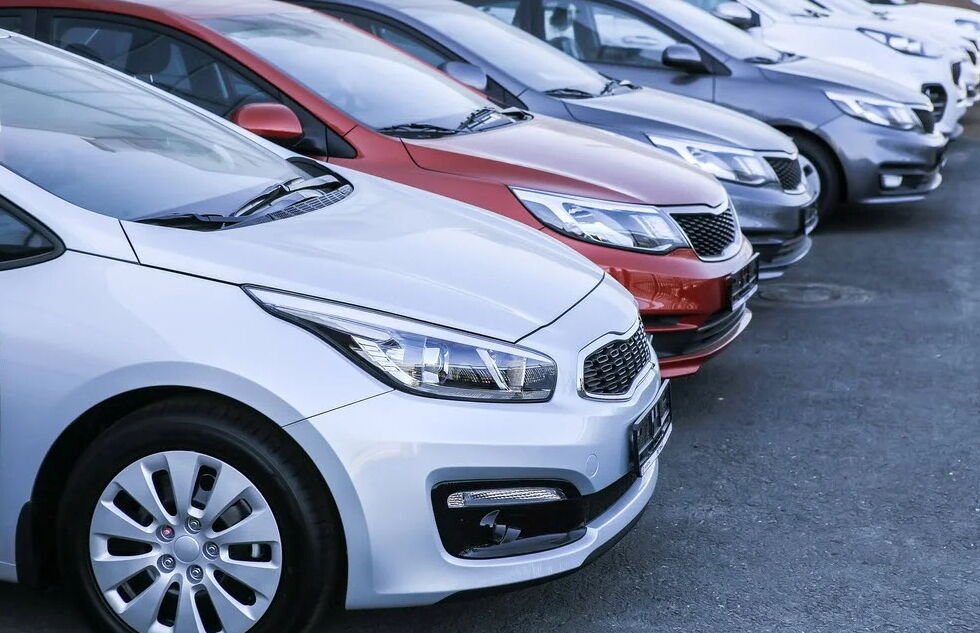Understanding Denver’s Unique Parking Challenges
Denver’s unique geographical and climatic conditions pose distinct challenges for drivers. The city’s proximity to the mountains means rapid weather changes, with snow and ice transforming everyday parking scenarios into perilous situations. In Denver, it’s not just a matter of finding a parking spot; it’s about finding one that won’t lead to costly damages. Black ice can form in shady areas, and the freeze-thaw cycle can wreak havoc on car exteriors. Being aware of these challenges is the first step towards smart parking decisions.
The Impact of Weather on Parking Safety
Winter parking in Denver is no trifling matter. With snow-covered streets and icy parking lots, the risk of accidents increases significantly. The sun melts accumulated snow during the day, but as temperatures drop at night, the melted water refreezes, resulting in hidden ice patches. Additionally, steep ramps in underground parking facilities can become slippery and hazardous. Drivers should always approach parking with caution, especially during and after snowstorms, to avoid accidents that could lead to expensive repairs.
Rush Hour Parking Pitfalls
During Denver’s rush hours, the pressure of time can lead to careless parking. Many drivers find themselves squeezing into tight spots, rushing to grab a coffee before work or attend a meeting. This hurried behavior can easily result in minor accidents, such as bumper scrapes against poles or other vehicles. Small dents can lead to peeling paint and rust if not addressed quickly. Therefore, taking an extra moment to park carefully can save time in the long run and maintain your car’s aesthetic and structural integrity.
Identifying Hidden Parking Hazards
Beyond the obvious weather-related concerns, there are hidden parking hazards in Denver that can lead to costly damages. Concrete barriers, for instance, may look innocuous but can inflict significant undercarriage damage. Similarly, when navigating parking structures, tight spaces can turn into disaster zones if drivers misjudge their vehicle dimensions. It’s advisable to avoid parking in tight spots whenever possible, as the risk of dents and scratches is much higher. In case of damage, opting for local repair shops can provide better service and a more personal touch.
Common Parking Scenarios and How to Overcome Them
Several scenarios frequently lead to parking mishaps. For example, relying solely on backup cameras is a common mistake. While these tools are helpful, they should not replace pivotal habits like checking mirrors and physically looking back. Similarly, drivers should avoid the temptation to fold mirrors for a tight fit. Instead, taking a moment to find a more suitable parking spot can save considerable hassle later on. By being aware of these scenarios, drivers can develop better parking habits and avoid unnecessary damage.
Essential Tips for Safe Parking in Denver
To excel at parking in Denver, drivers should employ a few essential strategies. Firstly, positioning your side mirrors properly will help detect nearby obstacles, ensuring safer maneuvers. Secondly, it’s crucial to not rely solely on painted lines, as modern vehicles are often wider than spots designed decades ago. Maintaining sufficient space will help prevent door dings and scratches, ultimately preserving your car’s value. Taking a proactive approach to parking can prevent minor damages from escalating into major repairs.
The Long-Term Benefits of Mindful Parking
Adopting mindful parking habits can lead to significant financial savings over time. By taking the extra time to park carefully, drivers can avoid accumulating scratches and dents that could develop into rust and require costly repairs. Minor repairs are often far more economical than extensive bodywork down the line. Moreover, a well-maintained vehicle not only preserves its resale value but also tells a story of responsible ownership. Each car carries its own history, and it’s wise to ensure that yours reflects care and diligence, rather than carelessness.

Conclusion: Prioritizing Careful Parking in Denver
As Denver continues to grow, its parking challenges become more pronounced. However, being proactive in preventing damage, understanding the unique parking landscape, and developing good habits can greatly reduce the risk of costly repairs. Whether dealing with snowy conditions, tight spaces, or rush hour madness, adopting a mindful approach to parking will pay dividends in the long run. By prioritizing safety and care when parking, drivers can enjoy their vehicles without the burden of frequent repairs.
FAQ
What should I do if my car gets damaged while parked?
If your car sustains damage while parked, document the incident with photographs and gather information from any witnesses. It’s advisable to report the damage to your insurance company and seek repairs from a reputable local shop that can address any structural or paint issues.
How can I avoid scraping my bumper while parking?
To avoid scraping your bumper, take your time when parking, and choose spots that offer ample space. Use your mirrors effectively and consider practicing maneuvers in less stressful situations, such as empty parking lots, to build confidence.
What are some signs that my parking habit is causing damage?
Common signs include frequent scratches on your vehicle’s doors, dents in the bumper, or rust spots appearing over time. If you notice these issues, it may be time to reassess your parking strategies.
Are local repair shops better than national chains?
Local repair shops often provide more personalized service and may have a better understanding of the unique challenges vehicles face in Denver. They can also be more flexible with repairs and customer service compared to larger chains.
What precautions should I take during winter parking?
When parking in winter, be vigilant for hidden ice or snow-covered curbs. Ensure you have proper snow tires, and take extra care when navigating ramps and steep areas. If possible, avoid parking in shaded areas where ice tends to accumulate.







